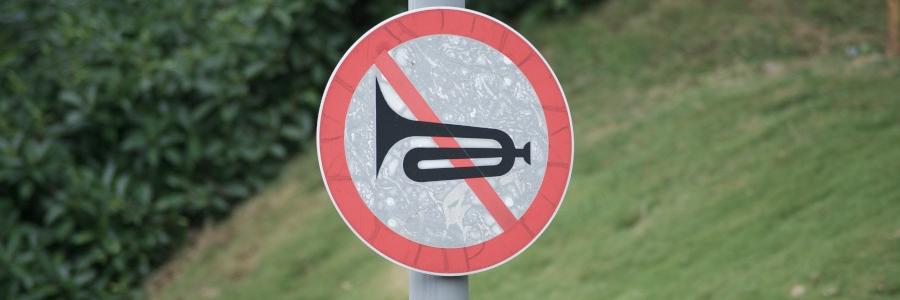The Tightrope of Separation: False Starts
Read the series.
False starts
There are several false starts that we can make in the matter of separation. There is no doubt that God has called us to a position of separation. The question is how and in what way? There are several false responses that have been devised by man.
The first response is asceticism.
There are those who have said that Christians are not of this world and so they must get away from the world completely. Those who advocated this are called ascetics and they became hermits, went to monasteries, caves, deserts, and the wilderness. They said they had to get away from man and pleasures in order to be separate unto God. That however was a complete distortion of Scripture because we are commanded to go into all the world and preach the gospel. Scripture has told us to witness to, live before, and seek to reach men for Christ. After ascetics arrived out in the deserts and caves they discovered they brought the world with them because the sinful impulses exhibited in the world were also in them. Satan appealed to their pride, self, and false motives even when they were alone, and the world manifested itself in them. Wherever we go we take the sinful impulses exhibited in the world with us. Asceticism is not the answer.






Discussion